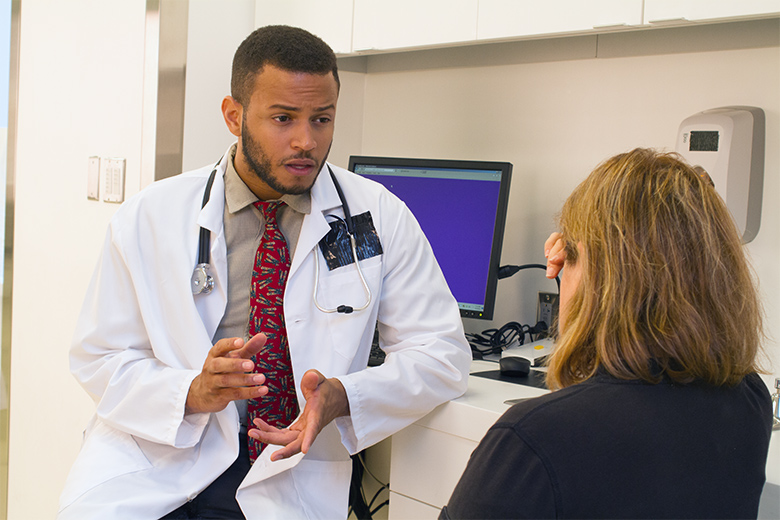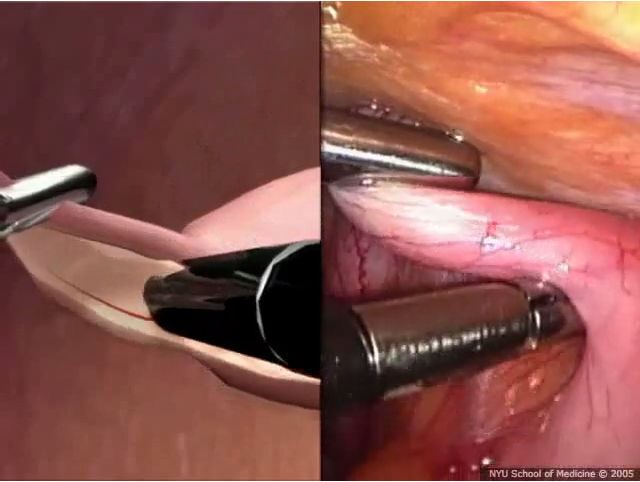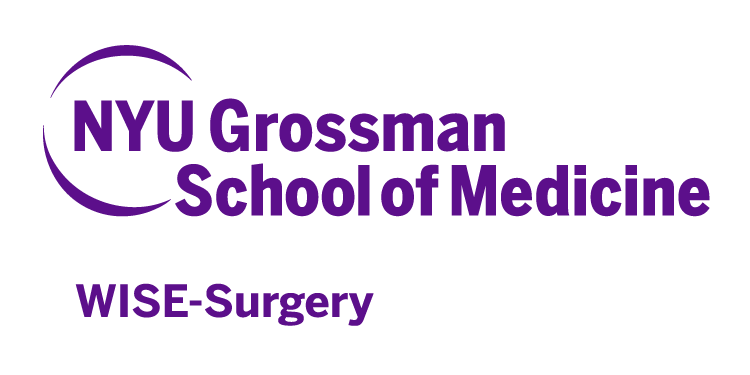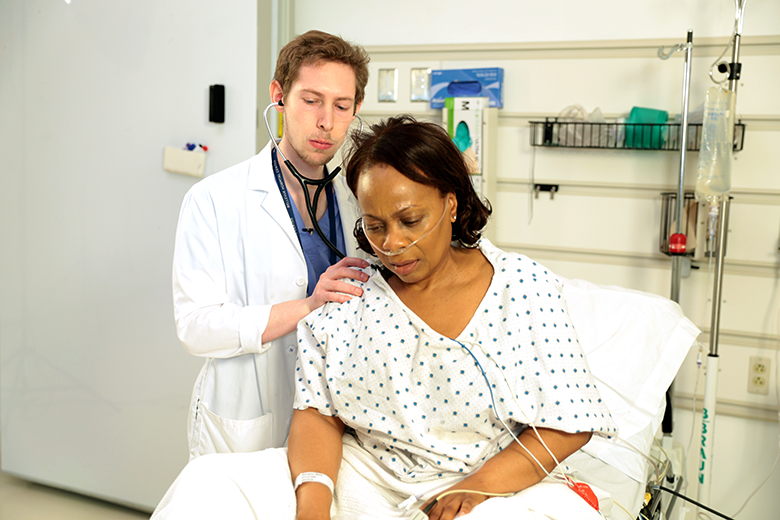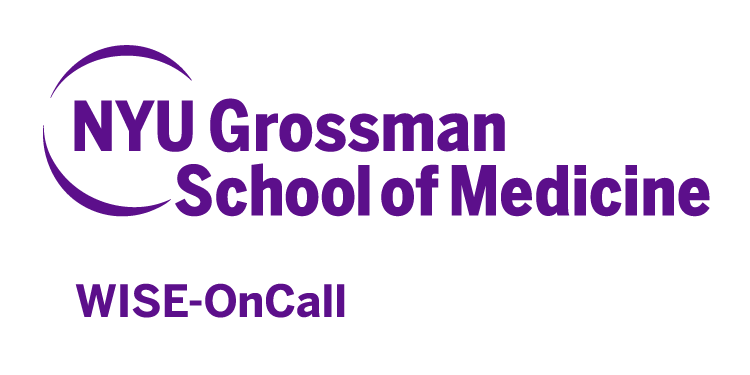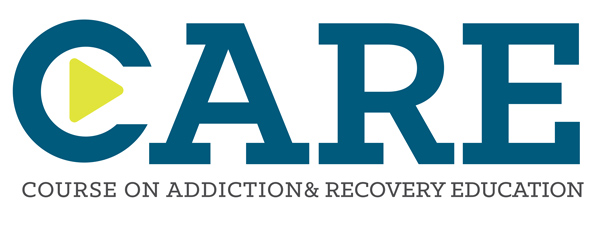
CARE is distributed by Aquifer on behalf of Hazelden Betty Ford Foundation (HBFF) and the WISE program at NYU Grossman School of Medicine and hosted on the WISE learning platform.
The 12 modules in the Course on Addiction and Recovery Education (CARE) concentrate on critical addiction and substance use topics that medical students and healthcare professionals need to be able to address. Modules consist of patient cases and videos.
Overview
Used in medical schools, nurse practitioner and PA learning programs nationwide, the CARE online curriculum prepares future clinicials to identify, intervene, and address substance use disorders. The lack of formal education surrounding substance use disorders and addiction has left many practicing physicians and healthcare professionals inadequately prepared to assess, intervene, manage, and treat patients.
- Twelve modules incorporate case studies, which provide an interactive platform for clinical consideration, and videos featuring today’s leading experts in addiction covering key topics
- Created for educators, by educators, in conjunction with the American Society of Addiction Medicine and the Treatment Research Institute
- Proven pedagogy that standardizes experiences—overcoming geography, seasonality, and accessibility
- Self-assessment questions at the end of the course emphasize key content and enable students to test their knowledge and skills
- A wealth of source material, tools, and full references in each case
A first-of-its-kind online course for medical, PA and NP/DNP students, CARE draws from leading experts and emerging science, covering topics such as integrated treatment for addiction and mental health issues and multicultural sensitivity. This course provides expert training and content that builds the skills needed to provide quality care to these patients. The modules combine virtual patient cases and video presentations with self-assessment questions.
Students utilize CARE’s interactive platform to review patient profiles covering topics such as pregnancy and alcohol abuse, cannabis use in adolescents, pain management and liability for addiction, alcohol withdrawal, and more. Through our additional video content, which is incorporated into the modules, leading addiction scientists and clinicians present the latest information and best practices on 14 topics, including neurobiology of addiction, evidence-based behavioral therapies, medication in the treatment of addiction, and genetics in alcohol and substance abuse disorders.
These cases and videos are designed to be used as stand-alone segments, or in conjunction with current health profession curriculua.
1: 34-year-old woman – Pregnancy and substance use
2: 16-year-old male – Adolescent and substance use
3: 38-year-old man – Pain management
4: 56-year-old man alcohol use – Withdrawal and brief motivational intervention
5: 34-year-old man – Stimulant use disorder and the genetics of substance use disorders
6: 39-year-old woman – Heroin use and the neurobiology of addiction
7: Neurobiology of addiction
8: Overview of treatment for substance use disorders
9: Evidence-based behavioral therapies for substance use disorders
10: The epidemiology of addiction and psychiatric comorbidity
11: Conceptual approaches to treating substance use in the United States
12: Substance use professionals and medications for the treatment of addiction
Inside the Course
Testimonials
“No matter what specialty medical students choose, they will take care of patients with substance use disorders. These cases encourage them to start thinking about the impact of substance use on health.”
Sharon Levy, MD, MPH, Assistant Professor of Pediatrics, Harvard Medical School
“The modules are just right. Medical students will be challenged to think about the intersection between substance use and health problems. The physicians in the cases demonstrate how to talk to patients about their substance use in collaborative, non-threatening ways.”
Mark P. Schwartz MD, FAAFP, FASAM, Medical Director, Princeton House Behavioral Health

